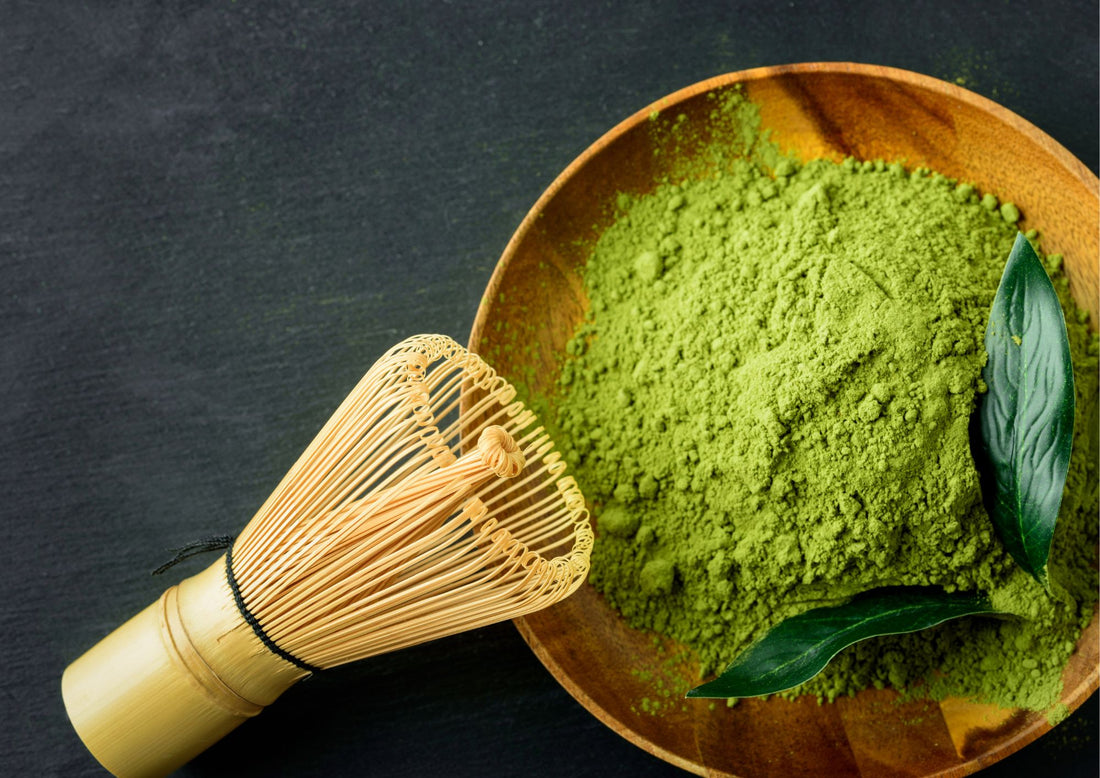Matcha, a finely ground powder made from specially grown green tea leaves, has been a treasured beverage in Japanese culture for centuries. However, in recent years, it has gained global recognition for its unique flavor, numerous health benefits, and versatility in culinary creations. With the growing popularity of matcha, the market has been flooded with low-quality products, making it challenging to find authentic high-quality matcha. In this blog, we will delve deeper into the world of high-quality matcha and explore what makes it stand out from the rest.

Understanding Matcha Quality Grading
Matcha quality grading is essential in determining the tea's quality and taste. The grading is done based on various factors, including tea plant variety, growing conditions, processing techniques, and location. The highest grade of matcha, known as ceremonial grade matcha, is made from the youngest tea leaves, which are handpicked and processed with utmost care to preserve their vibrant green color and unique flavor. Ceremonial grade matcha is generally more expensive, as it takes more time and effort to produce.
The second-highest grade of matcha is known as premium grade or culinary grade matcha. It is made from slightly older tea leaves and has a milder taste compared to ceremonial grade matcha. Premium grade matcha is commonly used in culinary creations, such as smoothies, cakes, and other desserts.
The third and last grade of matcha is known as ingredient grade matcha. It is made from the oldest tea leaves and has a dull green color and a bitter taste. Ingredient grade matcha is commonly used in low-cost commercial products such as green tea-flavored snacks and beverages.
Identifying High-Quality Matcha
To identify high-quality matcha, there are a few factors to consider:
- Color and Texture: High-quality matcha has a vibrant green color and a silky smooth texture. The color indicates the tea's freshness, while the texture indicates the tea's fineness and quality.
- Aroma: High-quality matcha has a fresh, vegetal aroma, with hints of sweet grass, umami, and nuttiness. The aroma should be pleasant and not overpowering.
- Flavor: High-quality matcha has a rich, full-bodied flavor, with a hint of sweetness and a slightly bitter aftertaste. The flavor should be well-balanced, without any astringency or bitterness.
- Origin: Matcha produced in Japan is generally of higher quality, as Japanese farmers have been perfecting the art of matcha production for centuries.
Benefits of High-Quality Matcha
Aside from its unique taste and aroma, high-quality matcha has numerous health benefits, making it a popular choice among health enthusiasts. Here are some of the benefits of high-quality matcha:
- High in Antioxidants: Matcha contains a high concentration of antioxidants, which help protect the body against free radical damage and prevent chronic diseases.
- Boosts Metabolism: Matcha contains a high concentration of catechins, which are natural antioxidants that help boost metabolism and burn fat.
- Enhances Mood and Concentration: Matcha contains L-theanine, an amino acid that promotes relaxation, reduces stress, and enhances mood and concentration.
- Improves Digestion: Matcha contains high levels of chlorophyll, which helps improve digestion and detoxify the body.
Conclusion
In conclusion, embarking on a journey to discover the world of high-quality matcha can be a transformative experience for tea lovers. From its origins in Japan to its growing popularity around the world, matcha offers a unique taste and aroma that can be enjoyed in various forms. With its numerous health benefits and versatile uses in culinary creations, matcha is a tea that is worth exploring. Whether sipping a traditional bowl of matcha in a serene setting or indulging in a matcha latte or dessert, the ultimate tea experience can be found in the world of high-quality matcha.
For more information contact Aki Matcha.

